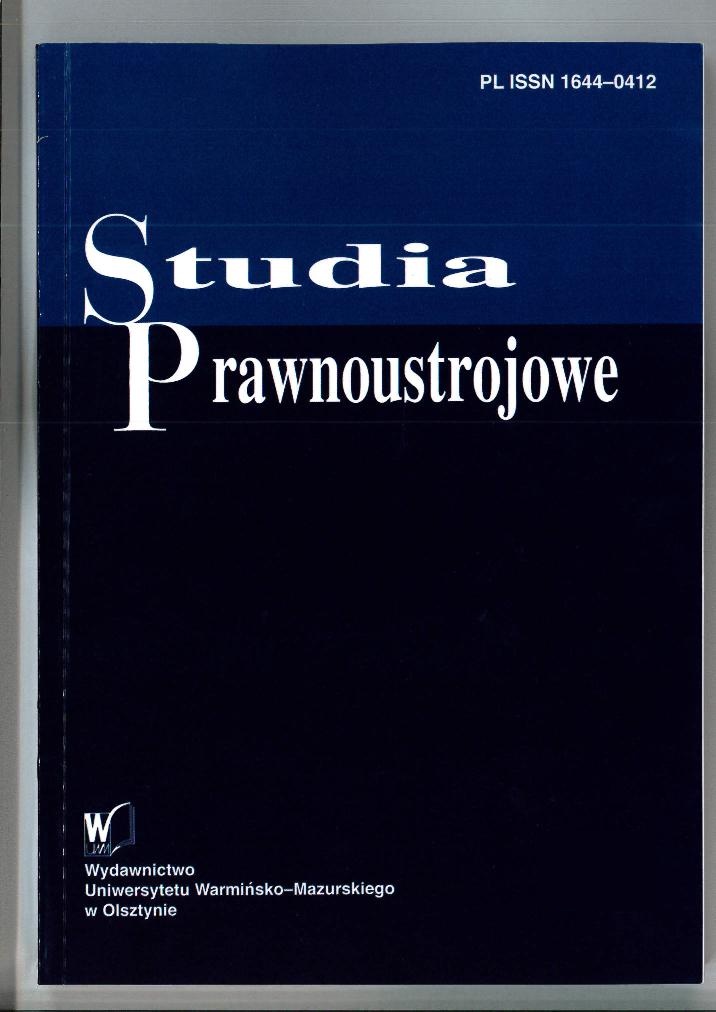Legal understanding of the emergence and termination of freedom of will
Legal understanding of the emergence and termination of freedom of will
Author(s): Viktor SavchenkoSubject(s): Civil Law, Human Rights and Humanitarian Law, Philosophy of Law, Sociology of Law
Published by: Wydawnictwo Uniwersytetu Warmińsko-Mazurskiego w Olsztynie
Keywords: civil law; freedom of will; civil capacity; the autonomy of will; legal personhood; a legal person;
Summary/Abstract: Free will is an essential legal idea that determines the nature of legal relations. Free will is essential for private law, as it shapes the mechanisms for entering into contracts, fulfilling obligations, the scope of civil capacity, adherence to the principles of discretion, voluntariness, fairness, etc. The purpose of the paper is to determine the dynamics of freedom of will and to provide a legal justification for the moment of its emergence and termination. The scope of free will is dynamic; it arises at birth and changes throughout life. The scope of free will is related to two main criteria: the level of intelligence and the scope of civil capacity. Minor children, people with limited civil capacity, and incapacitated persons have the lowest level of free will. The scope of free will also vary within a specific civil capacity. Free will may be temporarily suspended when someone is unaware of their actions. A complete, irreversible loss of free will occurs only in the event of death. From that moment on, a person ceases to be a party to legal relations and a legal person.
Journal: Studia Prawnoustrojowe
- Issue Year: 2024
- Issue No: 63
- Page Range: 389-397
- Page Count: 9
- Language: English

